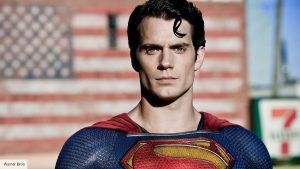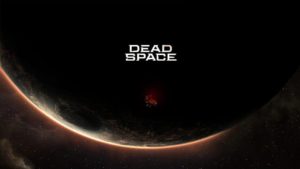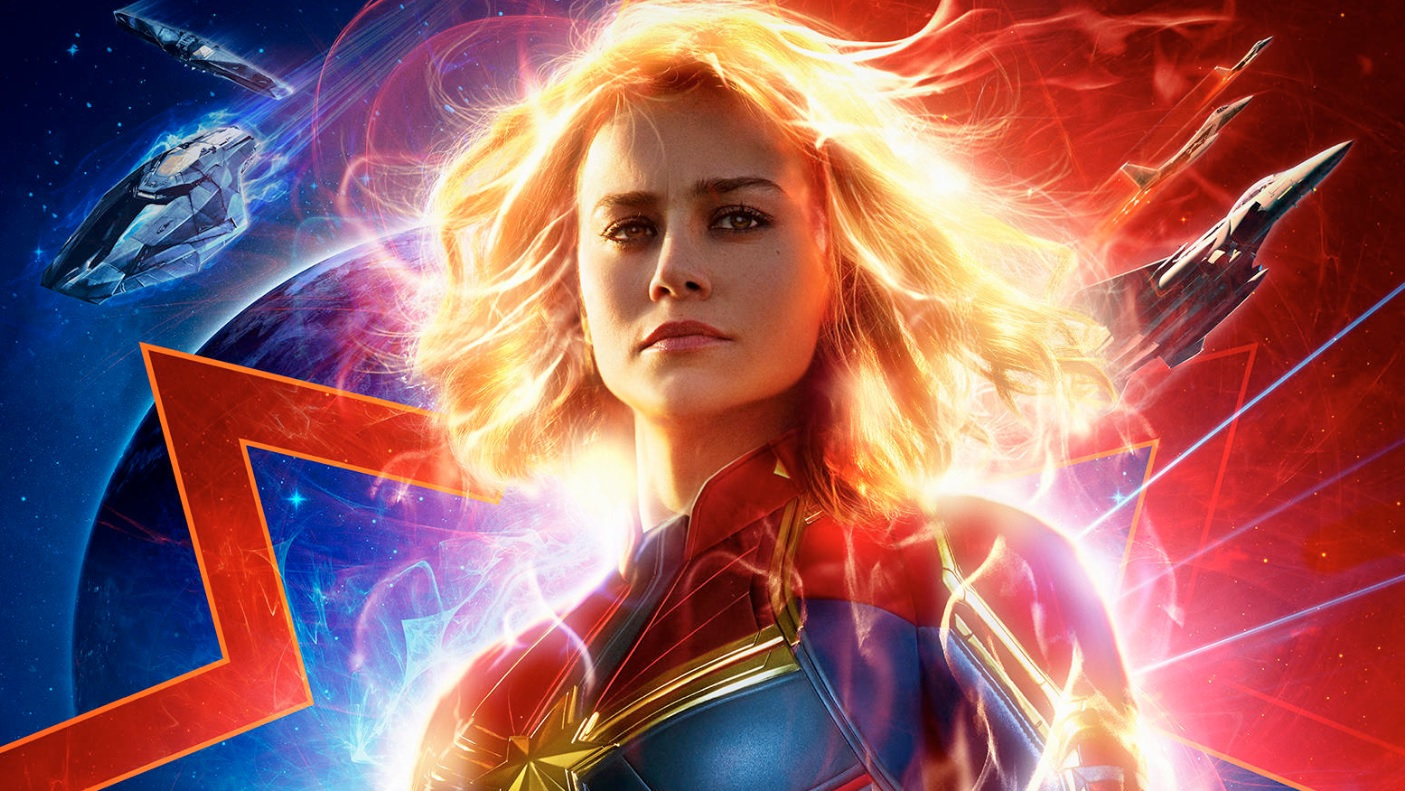
More than a decade into the MCU experiment, the films included in the canon have established a steady rhythm. They tend to be fun romps that place emphasis on quips and charm, occasionally with some sort of genre pastiche thrown in to lend a unique flavor. One of the key variables is the degree of irreverence employed, with extremes like the Guardians films and Thor: Ragnarok. Additionally, the depth of the thematic content varies wildly, with some functioning as perfunctory allusions to certain ideas, while others like Black Panther or Winter Soldier feel fully committed to their messages.
Some dangle platitudes about the burdens of heroism, but are really just an exercise in escapism, while some actually depict why it is so hard to do the right thing. The latest entry from Marvel feels like it toes the line in regard to many of these attributes; offering a satisfying superhero story with enough food for thought to elevate it past the shortcomings of the less interesting entries in the series. But perhaps most importantly, it uses the notion of superherodom to empower those who have been largely neglected by the MCU thus far. Despite the elements of the film that are clearly a product of the Marvel formula, this unique characteristic works on a surface level, and also ties into the narrative.
The story begins on Hala, the capital of the Kree’s technologically advanced planet-spanning empire. The Kree are engaged in an endless war against the Skrulls, a race of shapeshifters that can assume the form of other living organisms. Our protagonist, Vers, is a commando in the Kree army who wields the ability to fire pure energy out of her hands. But despite her power, she can’t remember who she is, lacking memories from before six years ago. After a mission goes wrong, Vers finds herself on Earth and begins a mission to stop the Skrulls from finding technology that had been developed there.
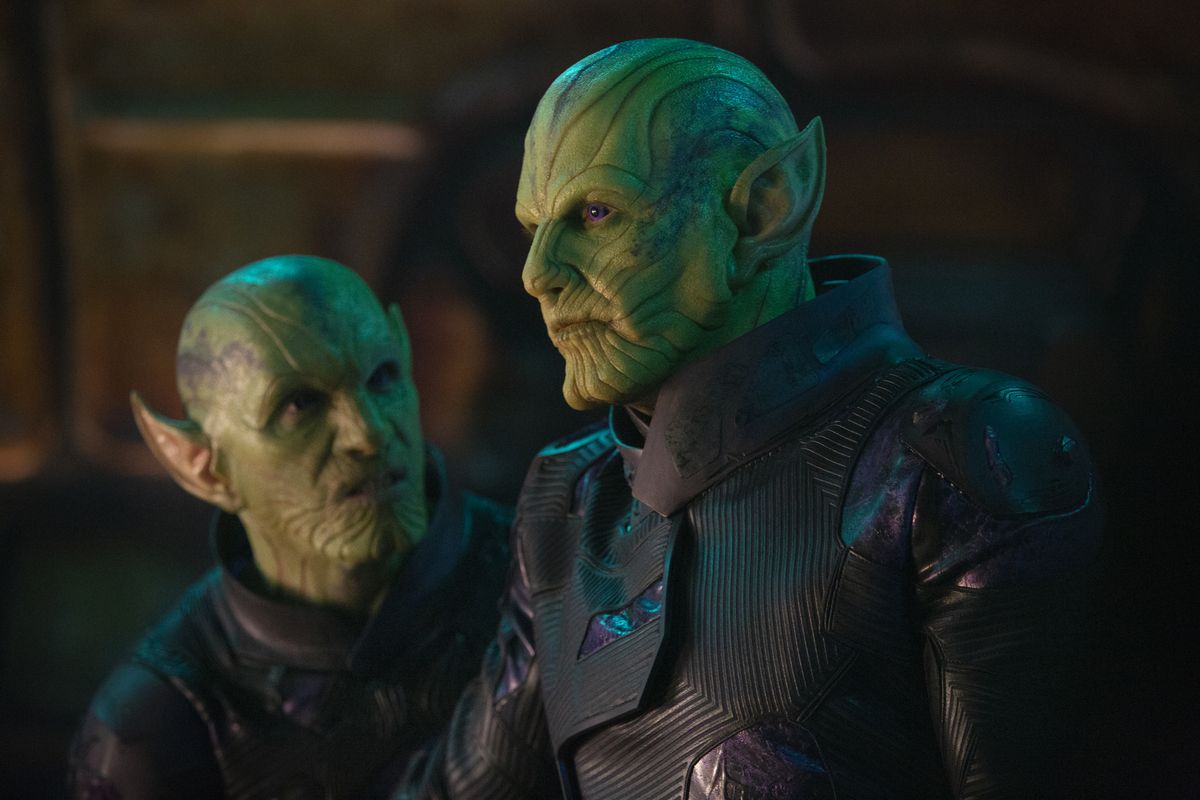
If you can’t tell from all of those goofy proper nouns, Captain Marvel is deeply intertwined with sci-fi pulp of the past, firmly fitting into the MCU’s camp of weirdo deep space flicks. But unlike the light-hearted antics of Guardians or Ragnarok, this film uses its conflict between blue and green people to allude to the dangers of militarism and prejudice. Here vague red flags of a society askew slowly compound into a much more condemning portrait of authoritarianism. Still, the film isn’t Starship Troopers, as much of this symbolism is secondary to our protagonist’s journey.
I’ll admit that when I initially was led to believe that this would be a fish-out-of-water story with a space alien that comes to Earth, I was a bit concerned. The first two Thor films really struggled with this type of content, as there was a distinct sense that the stuff going on in space was a lot more interesting than what happens on our planet. Luckily, here we brush past this type of plot almost immediately and settle into a fast-paced action thriller about a journey for selfhood. As Vers chases down the Skrulls, she realizes that she is actually chasing down her elusive past, getting closer to her own truth with each mystery solved. For one she learns that her real name is Carol Danvers.
A lot of the strongest cuts and imagery extend from this setup, such as when we match-cut into pieces of her past. In one scene we see a jumbled montage of memories, each scenes alluding to the separate pieces of this puzzle. The mystery flows fluidly, the plot details naturally dispelling information about her backstory. While there’s the occasional dossier or information dump, there are also scenes which convey her past visually, such as when we see the hallucinatory images of her past transposed on to a dusty dive bar. And the snippets of her time on Earth also reflect somewhat meta-textually on the nature of being a female superhero, alluding to the systemic misogyny and predefined gender roles that were thrust upon our heroine.
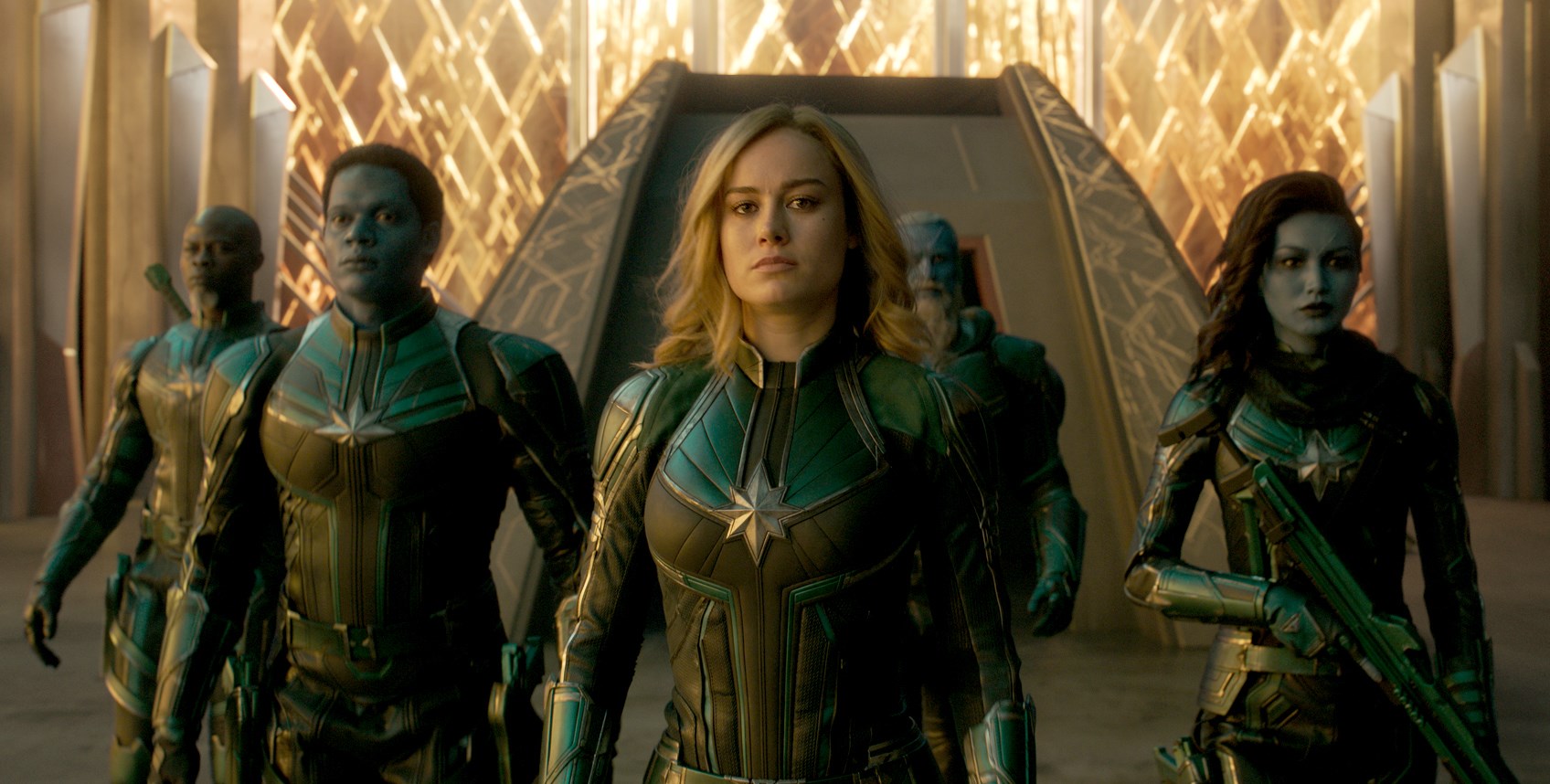
Our protagonist’s revelations tie into soft genre switches, as we jump from war-drama, to mystery, to action comedy. These tonal transitions and changes in texture go over reasonably well, each of these different components offering just enough meat to satisfy in their own right. The bits that allude towards armed conflict set up interesting moral conundrums, and Carol’s sleuthing to uncover her past ties neatly into discovering the nature of this war. The action comedy that bridges the gap is anchored by Brie Larson and Sam Jackson’s charismatic performances. However, as is the tradition with the vast majority of these movies, the action choreography and cinematography leave quite a bit to be desired. Instead of coherently shot, tightly orchestrated fistfights, we instead get quick cuts and blurred spectacle.
But more concerning is the fact that despite spending so much time with our protagonist, it never feels like the film fully opens up to her interiority. By hinging so much of the plot on her lack of certainty about her past, she feels somewhat ungrounded. While Carol does eventually find motivation in her desire to disprove all of the people that doubted her, as well as through a humanitarian crisis that eventually emerges, it never feels like we get specific insight into who she is as a person and why she does what she does. This isn’t to say that she isn’t a likable or engaging protagonist, as Larson does an excellent job of portraying her tenacity, wit, and strength, but this origin story feels somewhat thin.
However, despite these flaws, there is a little bit here for most film watchers. The warnings against militarism and the condemnation of sexism exist ties naturally into the plot, utilizing the power fantasy element of superhero films with a clear sense of purpose. It ties together the disparate notions of refugee crises, and female empowerment through the shell of a pulpy sci-fi buddy cop story. There are moments of clever comedy, like digs at 90s computing power or a recurring gag about a cat. We get some gratifying super-powered action scenes, the climactic fight, in particular, getting around some of the technical limitations of the action choreography with pure catharsis.
While this isn’t the Marvel movie that will disprove the notion that these movies often feel like they were shot by robots, we get some pushback on this concept through stylish cuts that use well-timed song samples. Captain Marvel probably won’t placate those who are thoroughly checked out on the Marvel formula. However, for the rest of us, it offers a fun superhero flick that feels solidly constructed all around and offers more than a few genuinely affecting moments. Its themes are weighty, extending from the current cultural moment. As it turns out, Carol Danvers is the heroine we needed all along.
Rating: 3.5/5




